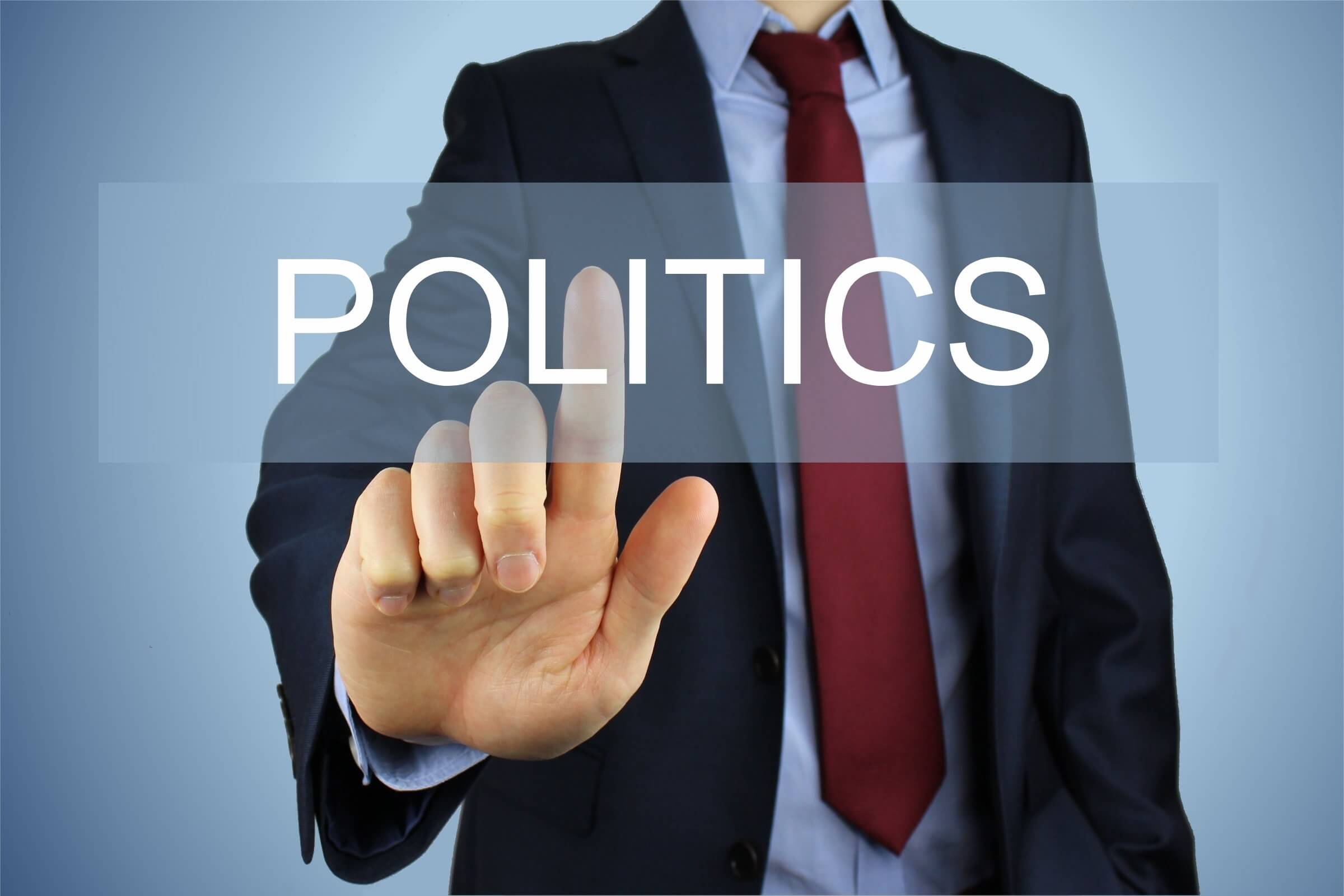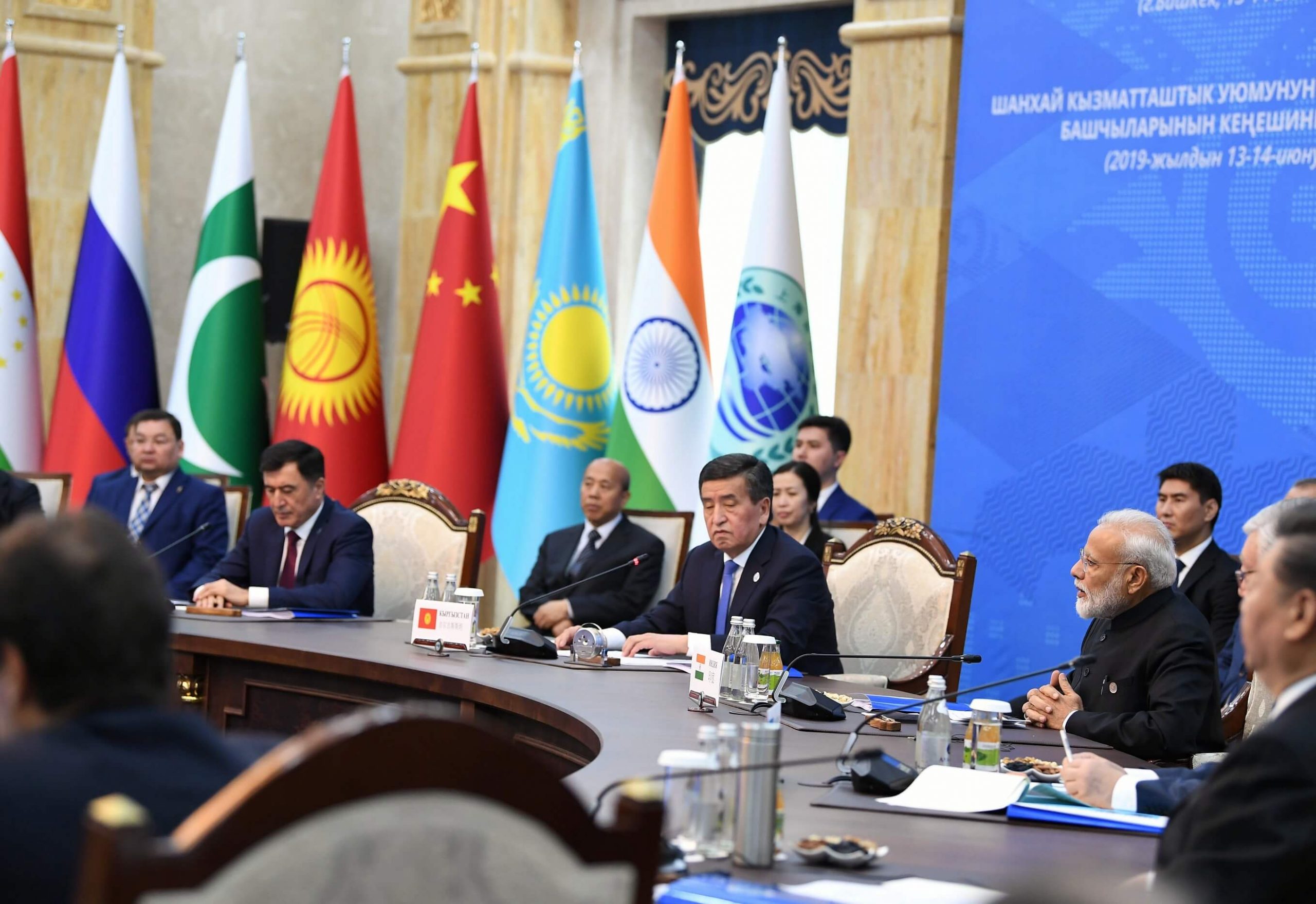Pakistan’s political situation seen unprecedented changes In the previous month
Pakistan’s political situation has seen unprecedented changes In last month or two. In its virtually last year of office, Imran Khan’s ostensibly steady government faced a no-confidence vote from 17 political groups both inside and outside Parliament. Never before in Pakistan has such a vast number of political groups banded together to oppose a single political adversary. Surprisingly, MPs from Imran Khan’s own political group switched sides overnight, his supporters began to evacuate, and all of his opponents’ ideological disagreements began to fade in the haze of that no-confidence vote.
Maybe there was something behind this unexpected squall? Former Pm Imran Khan claims the US is conducting a regime change campaign in Pakistan. To bolster his case, he shared a cypher with other governmental institutions, which was verified by the country’s National Security Committee (NSC). The NSC also criticised the United States’ “blatant involvement” in Pakistan’s domestic affairs by releasing a demarche in response.
The Deputy Speaker of Pakistan’s National Assembly issued a judgement on April 3rd, noting that the no-confidence resolution against the then-Prime Minister was ill-intended & had an obvious link to foreign intervention, and thus he dismissed it. The National Assembly Rules of 2007 state that the Speaker of the National Assembly has the authority to rule on any topic debated on the House floor;
“Whenever the Speaker chooses or announces his decision on any topic on the floor of a house or in his department on the files, as the situation may be, it must not be called in doubt and shall be final unless rescinded on a motion for cancelling it.”
The Pakistani Constitution is also extremely explicit in Article 69, which prohibits the courts from meddling in parliamentary procedures on whatever grounds.
“The legitimacy of any activities in [Majlis-e-Shoora (Parliament)] may not be brought into doubt because of any procedural irregularity.”
Despite this, the Supreme Court of Pakistan took suo motu notice of the Deputy Speaker’s judgement even without waiting for a petition to be filed against this, in violation of Article 69 of the Constitution. The Court convened on Sunday and rendered a decision in four days. The Supreme Court of Pakistan noted in its short judgement that the deputy speaker’s order is “contrary to the Constitution and the law,” but oddly, nowhere in its short opinion did the Supreme Court of Pakistan identify any article that the Deputy Speaker breached when issuing his verdict.
The supporters of the no-confidence vote claim that the Speaker cannot issue a ruling before the voting on the no-confidence motion is completed. However, Rule 29 of the assembly rules states that in the event of an ambiguity in the assembly rules, the assembly “must be managed in such a way as the Speaker may, from time to time, direct.” So, even in that scenario, the subject would have been resolved in the House rather than in court, as required by the rules.
The Islamic Republic of Pakistan’s 1973 Constitution establishes clear distinctions between the three pillars of the state: the Legislature, the Executive, and the Judiciary. Because the constitution prohibits these three pillars from interfering in each other’s spheres, Pakistan has a power triangle (at least on paper). However, the Constitution’s intended trichotomy of authority has been damaged and broken as a result of the April 7 Supreme Court decision.
Today, it is believed that as a nation, we have reached a stage when any further miscalculation in banning a political party through the judiciary or the ECP, both of which are currently problematic, would backfire. As a result, a cautious course must be taken before any other hasty action worsens the issue beyond repair. The current state of distrust transcends any individual, political party, or organisation. Even if any of them were removed from the equation, the sense of betrayal felt by the majority would not diminish.
After the withdrawal of the main party, the cornerstone of the state that conveys the people’s mandate has lost its meaning. It is only prudent to restore people’s trust in the system by resurrecting their stake and preserving the trichotomy of authority in its genuine text and spirit.




